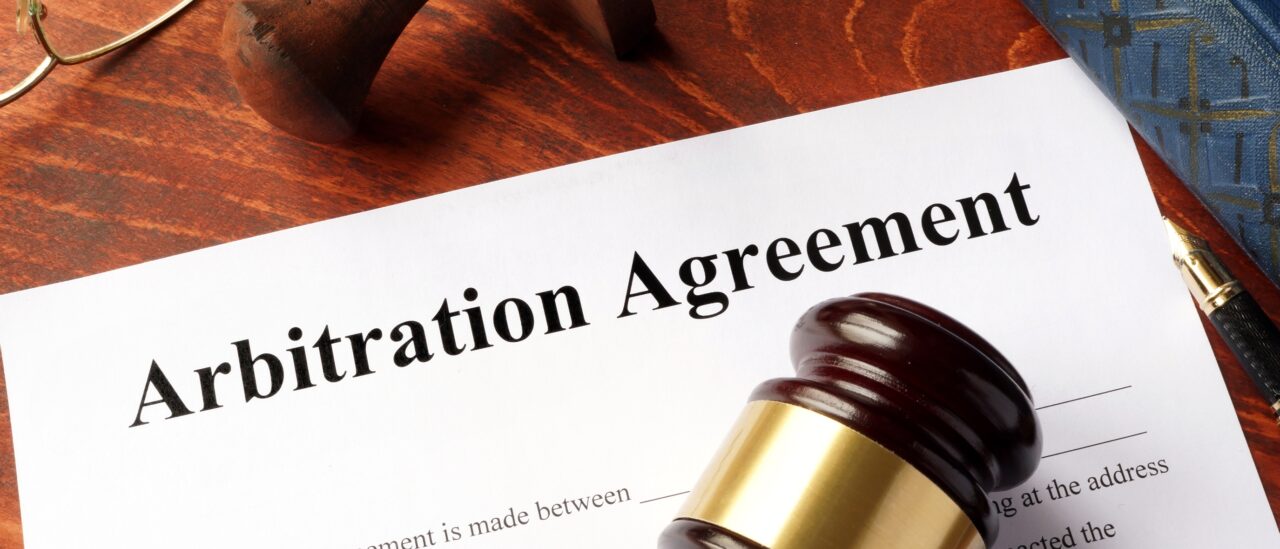When collecting unpaid receivables, you want the right to sue rather than arbitrate. But even if you’ve signed a contract with an arbitration provision, you may still be able to challenge it. This article will discuss arbitration agreements in business collections and when they’re unenforceable.
In Business Collections, A Waiver Must Be Intentional And Informed
An agreement to arbitrate waives your right to sue. However, to waive a legal right in New Jersey, you must understand that right and intend to surrender it. Otherwise, the waiver is ineffective.
To waive your right to sue, you need to understand:
- what specific issues you’ve agreed to arbitrate;
- that arbitration is exclusive, and you’re in fact giving up the right to sue;
- that the arbitrator can ignore the law (so you effectively have no contract rights); and
- that the arbitrator’s decision is final, and you can only vacate it for issues like fraud, corruption, or evident partiality.
In Business Collections, A Waiver Provision Must Be Clear And Unambiguous
In New Jersey, our courts recognize that most people who agree to arbitration have no idea what they’re really agreeing to, and no idea what they’re giving up. Therefore, an arbitration agreement must spell it out explicitly.
Specifically, an arbitration provision must start with what types of disputes it covers. But simply saying “we agree to arbitrate such issues” isn’t enough. The agreement must state unambiguously that 1) you understand your right to judicial adjudication; 2) you’re willing to waive it; and 3) you understand and accept the very limited grounds for challenging an arbitration award.
In business collections and other strong contract cases, you want the right to sue and should avoid agreements with arbitration provisions. As to those you may have signed in the past, focus on how explicit the waiver language is — if you didn’t understand what you were agreeing to and the language doesn’t spell it out, you can argue the provision’s unenforceable.
For more information on business collections, or if you’d like to discuss a specific collection issue, call me at 856-667-1669 or contact me here.
This material is for informational purposes only and should not be construed as legal advice. No person should rely on this information without seeking the advice of an attorney.
